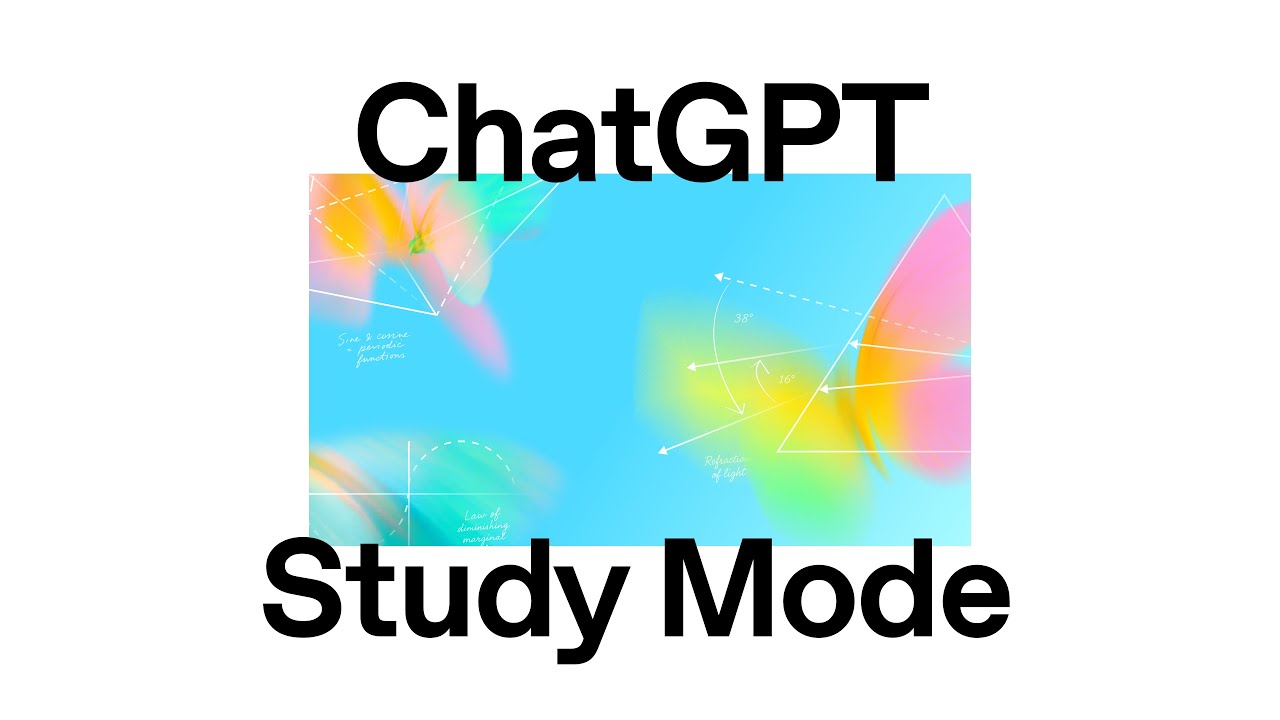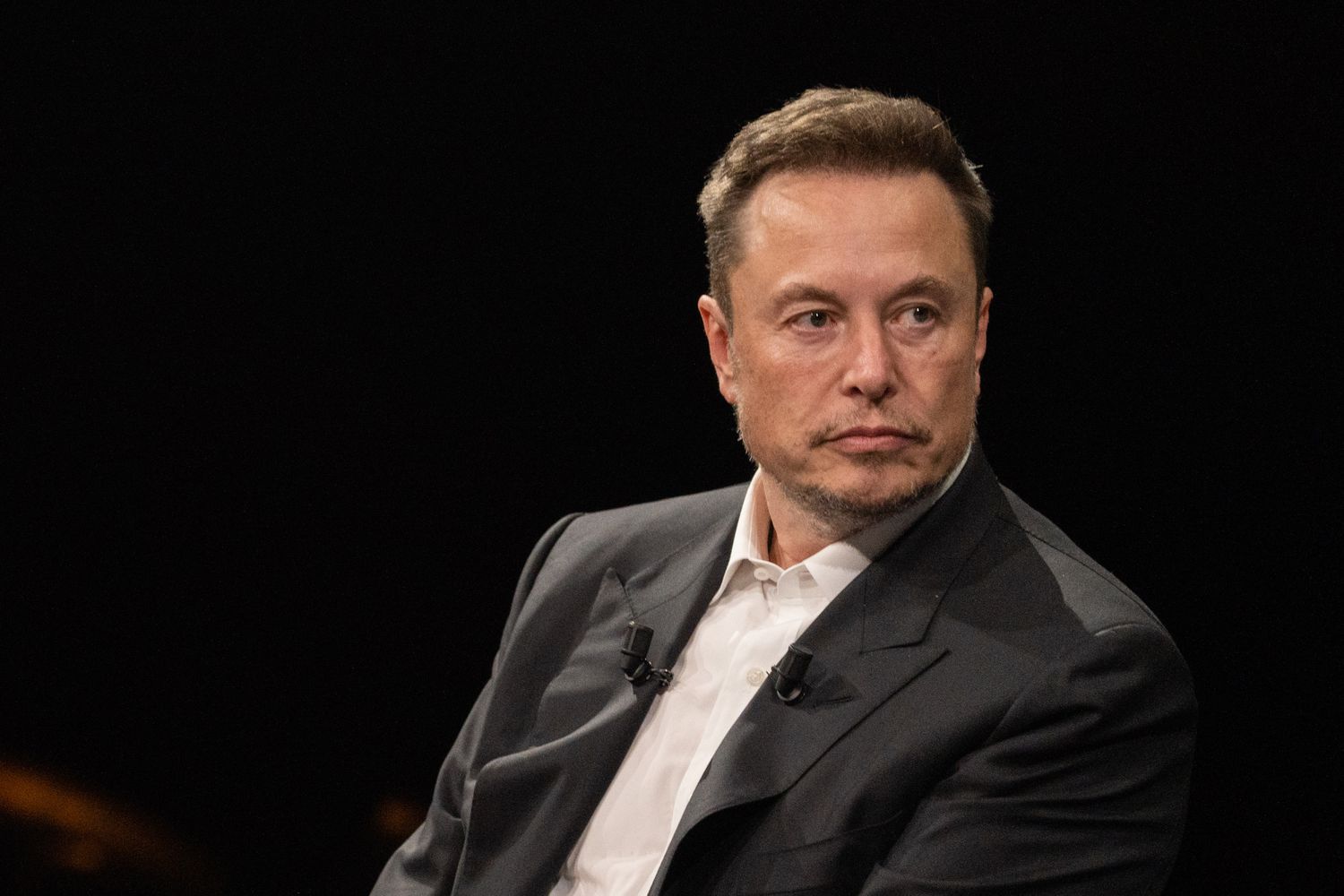Any remaining doubts about Apple’s commitment to AI have been addressed directly by its CEO, Tim Cook.
At an all-hands meeting on Apple’s Cupertino campus, Cook told employees that the AI revolution is as big as the internet, smartphones, cloud computing, and apps.
According to Bloomberg’s Power On newsletter, Cook clarified that Apple sees AI as an imperative. ‘Apple must do this,’ he said, describing the opportunity as ‘ours to grab’.
Despite Apple unveiling its AI suite, Apple Intelligence, only in June, well after competitors, Cook remains optimistic about Apple’s ability to take the lead.
‘We’ve rarely been first,’ he told staff. ‘There was a PC before the Mac; a smartphone before the iPhone; many tablets before the iPad; an MP3 player before the iPod.’
Cook stressed that Apple had redefined these categories and suggested a similar future for AI, declaring, ‘This is how I feel about AI.’
Cook also outlined concrete steps the company is taking. Around 40% of the 12,000 hires made last year were allocated to research and development, with much of the focus on AI.
According to Bloomberg, Apple is also reportedly developing a new cloud-computing chip, code-named Baltra, designed to support AI features. In a recent interview with CNBC, Cook stated that Apple is open to acquisitions that could accelerate its progress in the AI sector.
Apple is not alone in its intense focus on AI. Rival firms are also increasing expectations and pressure. Sergey Brin, the former Google CEO who has returned to the company, told employees that 60-hour in-office work weeks may be necessary to win the AI race.
Reports of burnout and extreme workloads are becoming more frequent across leading AI firms. Former OpenAI engineer Calvin French-Owen recently described the company’s high-pressure and secretive culture.
French-Owen noted that the environment had become so intense that leadership offered the entire staff a week off to recover, according to Wired.
AI has become the next major battleground in big tech, with companies ramping up investment and reshaping internal structures to secure dominance.
Would you like to learn more about AI, tech and digital diplomacy? If so, ask our Diplo chatbot!










